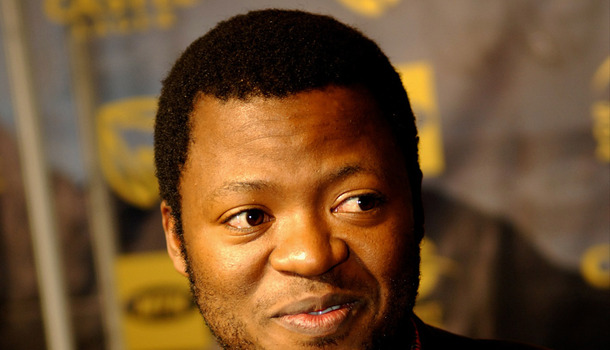It is almost impossible to discuss Twitter in South Africa without talking about Khaya Dlanga. He has almost as many tweets as followers – which is very impressive at around 90,000 – and his tweets range from politics to sex to Bible verses. Dlanga currently works in marketing and communications for a global brand and has previously worked in advertising, where he has won numerous awards. He has also published a book: In my arrogant opinion. And did we mention that he is also huge on YouTube?
We’re amazed that he found time to answer some questions for us, but we’re really happy that he did ![]()
What won’t you tweet about? And why?
I won’t be deliberately offensive, rude or obnoxious. There is no value in it, it doesn’t add anything to one’s experience on Twitter.
You have more than 90,000 followers. Do you know who these people are? Who do you imagine them to be?
The brain cannot process more than a couple of hundred people. So of course I don’t know them. I imagine them to be all sorts of different people. Some funny, some shy, some outspoken, basically like most people one would meet at a function. There are those who don’t want to be spoken to but want to observe, and then there are those who want to be the centre of attention even if it means having to fight others for it.
When you tweet, who do you think is listening?
I think that anyone who chose to follow me is listening. But not everyone. I think people read what they think is interesting and what they are interested in.
You are a bit of a Twitter celeb. How and why do you think you became such a hit on Twitter?
I find the term ‘Twitter celeb’ rather one-dimensional as if a person does not exist outside that. When I made videos on YouTube, there were hardly any South Africans on YouTube and I managed to some 6 million hits there. There was no such thing as a YouTube celeb. We were a community when YouTube started out. So I do find it a little odd when I hear or read that term.
I don’t know why some people decide to follow me. Maybe it is because I have opinions I am not afraid to share. I am not rude (at least that’s what I think). I think it is because I say things they are thinking but don’t know how to articulate or I say things in ways they didn’t think about before. It’s also because I bring my whole personality across. I am not one-dimensional. One minute I’ll be talking about politics, the next I’ll be quote the Bible and the very next one I’ll be tweeting about sex. I think it’s because I put all my contradictions out there.
Do well known people such as yourself face any specific challenges on platforms such as Twitter? And what are the advantages?
I haven’t experienced any particular challenges. I suppose the only challenges that one would have is if they lie about their whereabouts and then someone tweets “Just spotted so and so at…”
I can’t really say that there are advantages, the advantages I may have had are not from my tweets, but from columns that I’ve written and people may want to to hear more about what I had to say whether it be on radio on TV. But nothing stands out that much. Perhaps for the fact that I got to meet the former US ambassador Donald Gips because of Twitter. But I don’t think I’d call it an advantage.
Which of your tweets have gotten the most reaction, good or bad?
I have no idea, so many of my tweets get reactions. But I hardly ever get a bad reaction, perhaps except for the one time I said that it is harder for single mothers to get boyfriends. But the one that got the most reaction was one that I tweeted during the world cup in 2010 when I said the Vuvuzela is the only sound that can be heard from outer space.
- Read Dlanga’s columns for the Mail&Guardian.
- Read Dlanga’s columns on News24.
- Find his blog here.
- Buy his book.
- Honcho of the month: Khaya Dlanga.
Add your voice to research about how South Africans Tweet by completing this short survey.

